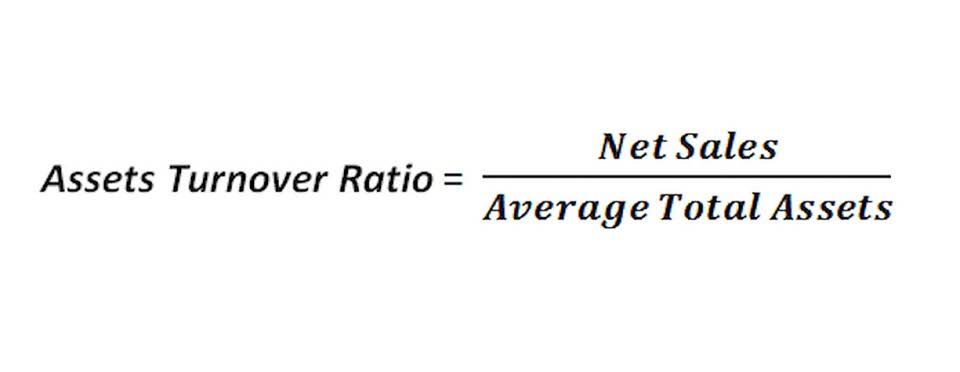
The increased accuracy can help businesses avoid penalties and improve the customer experience. Essential capabilities in top-tier AI billing software include intelligent document processing with OCR technology for data extraction, achieving up to 97% accuracy. Systems offering three-way matching validate invoice data against purchase orders and receipts, ensuring accuracy before payments are processed.
Top 10 Advantages of AI Invoice Processing Automation for Businesses
- Automating your invoice process isn’t just a tech upgrade—it’s a strategic move that delivers real, measurable gains.
- Since payment processing functionalities are in-built the payments are cleared once all approvals are in place.
- LLM AI agents are advanced AI programs built on large-language models capable of understanding and processing human language with contextual awareness.
- In this section, we’ll explore the various AI technologies that are driving this transformation, including Machine Learning, Optical Character Recognition (OCR), and Natural Language Processing (NLP).
- Every day brings a new pile of invoices that need to be checked, entered, and approved.
- For example, companies like Ramp have seen significant benefits from implementing AI in invoice processing.
Time consumption is another significant challenge, with the average accounts payable team spending 50-60% of their https://dev-fitness-and-nutrition.pantheonsite.io/2021/07/14/cash-dividends-vs-stock-dividends-key-differences/ time on manual tasks such as data entry and processing. This can lead to a significant increase in labor costs, with the average cost of processing a single invoice ranging from $5 to $15. Additionally, manual processing can also lead to storage issues, with companies having to maintain large filing systems and deal with the risk of lost or damaged documents. AI is fundamentally transforming how businesses manage invoices, offering solutions that improve operational efficiency, enhance accuracy, and optimize cash flow. As businesses scale, the need for fast and reliable invoice processing will continue to grow. By adopting AI-powered systems, companies can stay ahead of the curve, ensuring smooth and seamless operations.

Robust Compliance.
The information on these invoices usually needs to be entered into accounting software by the accounts payable (AP) ai invoice processing team. However, as businesses continue to grow and the volume of invoices increases, the need for more efficient and accurate solutions grows as well. This is where AI comes in with its ability to quickly process vast amounts of data, identify patterns, and learn from historical records, AI is the perfect solution for invoice processing. Ensure smooth data flow between the invoice processing system and your financial platforms. Check that account codes, vendor records, and approval hierarchies align across systems.
How Is Agentic AI Different from Traditional Automation and AI?
- Its AI features support invoice capture, matching invoices to purchase orders, and automated approval workflows.
- According to recent trends, companies that adopt AI in invoice processing can expect a reduction in processing time by up to 80% and an error rate reduction of up to 90%.
- NLP also facilitates communication between systems and users by providing real-time alerts and notifications.
- As businesses scale, the need for fast and reliable invoice processing will continue to grow.
If you are ready to see the difference for yourself, checkout eZintegrations™ AI Document Understanding and transform your invoice processing from slow and error-prone to fast and reliable. We will dive into what invoice automation really means, the benefits and challenges, the ROI you can expect, and how platforms like eZintegrations™ AI Document Understanding can HOA Accounting transform your AP process. Taken together, these benefits present a compelling case for adopting an intelligent capture solution. The next section provides a practical guide on how to implement AI invoice capture in your existing AP workflow.
- Cognitive data capture is a self-learning technology that becomes increasingly accurate with the number of documents it processes.
- Companies must ensure that their data is properly formatted and structured before feeding it into AI.
- This self-learning capability allows it to improve over time, making data extraction more accurate with each use.
- They also adapt in real time to treasury fluctuations, ensuring liquidity is preserved during tight periods.
- For example, a study by McKinsey found that companies that automated their accounts payable processes saw an average reduction of 30% in processing costs.
Automation speeds up approvals by routing invoices to the right people quickly for faster decision making. Automation has been shown to double the speed of processing and lead to 65% faster payment cycles to suppliers. Some businesses might gain extra liquidity through early payment discounts, enabling them to reinvest more in growth. It can also help them to maintain financial stability without relying too heavily on credit lines. AI Invoice categorization is the process of automatically organizing invoices into predefined categories using artificial intelligence. Machine learning models analyze invoice data, such as descriptions, amounts, and vendor details, to classify them into categories like utilities, travel, or office supplies.

It automatically verifies quantity, pricing, and approval limits, flagging any discrepancies for review. Manually, this required AP teams to open multiple systems and match records line by line—a time-consuming process that often caused delays in approvals and payment cycles. It can also integrate with tax engines for accurate tax, including VAT, and reporting. Vroozi can integrate with the Sovos platform for e-invoicing, digital signatures, and storage compliance.
Automated approval workflows
Moreover, businesses can also integrate their AI invoice processing with payment systems, such as Bill.com or PayPal, to streamline the payment process. This can be achieved through webhooks, which enable real-time notification and data transfer between systems. By doing so, companies can automate the entire invoice-to-pay process, reducing manual effort and increasing efficiency. Natural Language Processing (NLP) plays a vital role in understanding invoice content, extracting key information, and facilitating communication between systems and users. NLP technologies, such as text analysis and machine learning algorithms, enable the automated extraction of relevant data from invoices, including vendor names, amounts, due dates, and payment terms. This information can then be used to update financial records, trigger payments, and alert users to potential issues.

For example, our team at SuperAGI has helped numerous companies integrate AI invoice processing with their existing systems, resulting in improved financial management and reduced costs. At SuperAGI, we’re committed to helping businesses streamline their operations and achieve significant ROI through our AI-powered invoice processing system. With our system, businesses can automate routine tasks, eliminate manual effort, and gain clearer financial visibility. As we continue to innovate and improve our system, we’re excited to see the impact it will have on the future of finance and invoice management. As the system processes more invoices, it becomes increasingly adept at recognizing patterns and anomalies, allowing it to make more accurate decisions about how to route and classify invoices. This is particularly useful for businesses that handle high volumes of invoices, as it can significantly reduce the time and effort required to manually review and process each invoice.
Enhanced accuracy & reduced errors

According to a report by Invensis, companies that implement AI in invoice processing can expect a reduction in processing time by up to 80% and an error rate reduction of up to 90%. Our solutions have been shown to reduce processing time by up to 80% and error rates by up to 90%, resulting in significant cost savings and improved financial visibility for our clients. This helps to ensure that invoices are accurate and compliant, reducing the risk of financial losses or reputational damage. Some notable companies, like Ramp, have already seen significant benefits from implementing AI in invoice processing, including improved accuracy, faster payment times, and clearer financial visibility. As we move forward, it’s essential to consider the future trends in AI invoice processing, such as the increasing use of cloud-based solutions and the integration of Internet of Things (IoT) devices.


